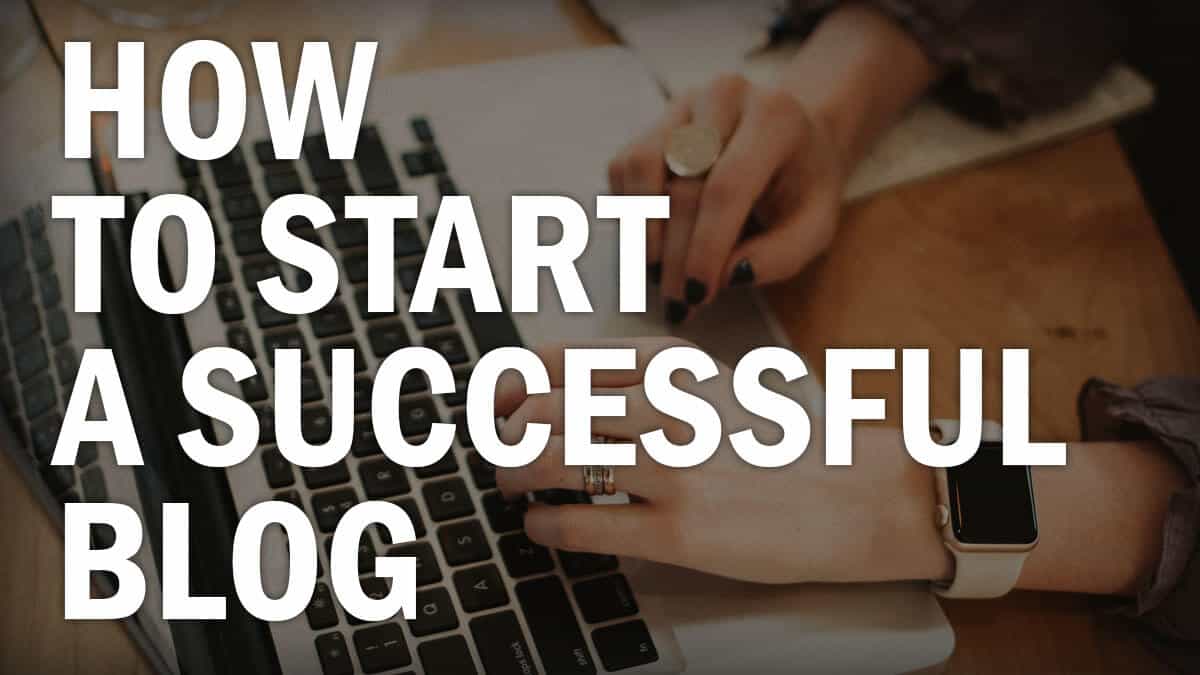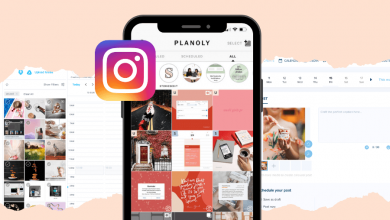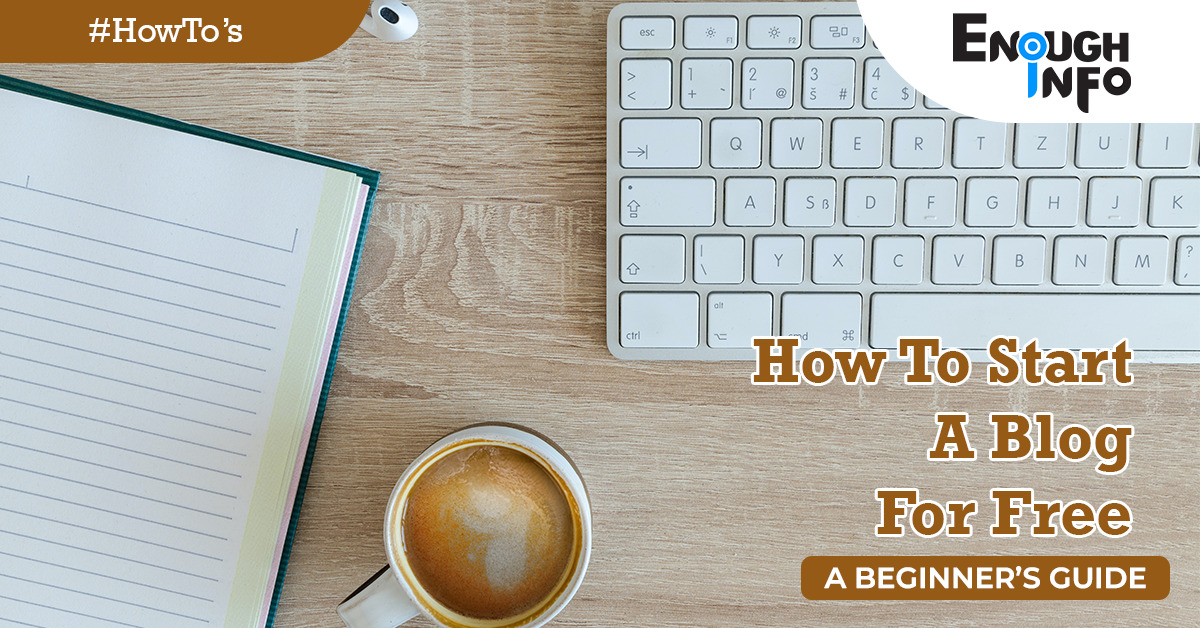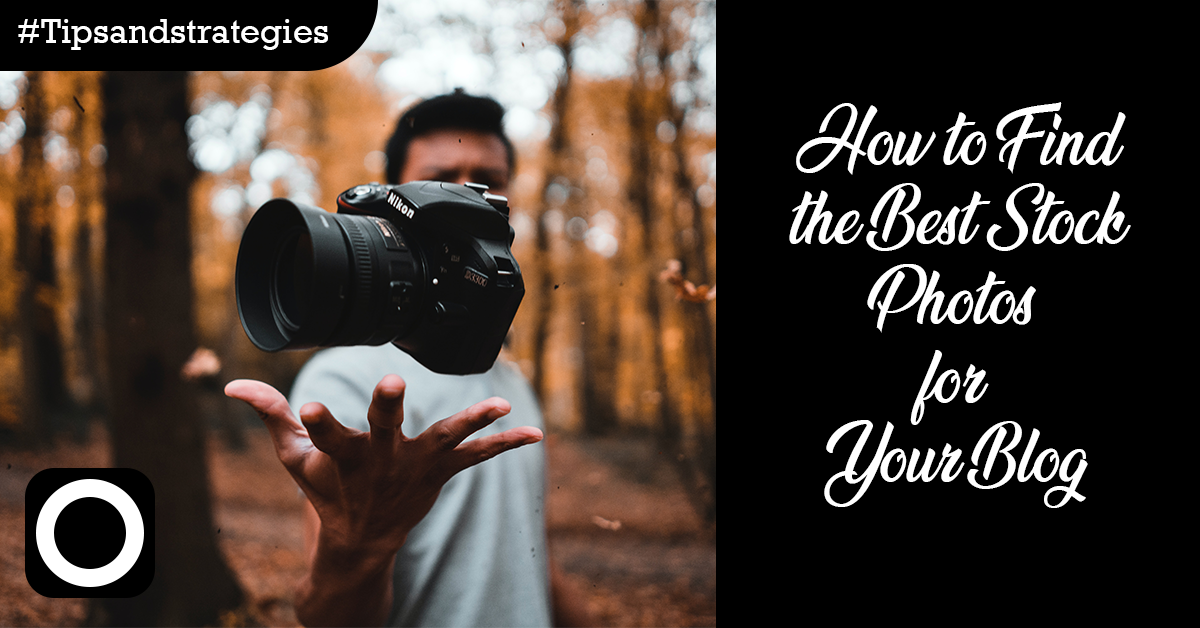How To Start A Successful Blog

How to start a successful blog – In today’s digital age, starting a blog has become increasingly popular. Whether you want to share your passion, express your creativity, build a personal brand, or even generate income, a blog can serve as a powerful platform. However, starting a successful blog requires careful planning, strategic decision-making, and consistent effort. A successful blog can become a long-term asset. It accumulates content over time, attracts organic traffic, and retains a loyal readership. It can continue to generate value and opportunities even as your blog evolves and expands.enoughinfo
Starting a successful blog is important as it allows you to express yourself, build a personal brand, connect with others, share knowledge, generate income, and experience personal growth. It opens up a world of opportunities and contributes to your online presence and professional development.
Read Also: How To Start A Blog For Free (A Beginner’s Guide)
How to Start a Successful Blog: A Comprehensive Guide
In this comprehensive guide, we will walk you through the step-by-step process of how to start a successful blog. From defining your niche to setting up your blog, creating content, building an audience, and monetizing your blog, we’ll cover everything you need to know to embark on your blogging journey. So, let’s dive in!
Defining Your Blog’s Niche
Choosing Your Blog’s Focus
- Determine your interests, passions, and expertise to identify a niche that aligns with your knowledge and target audience’s interests.
- Research popular niches and assess their competition and potential for growth.
- Find a unique angle or perspective within your chosen niche to differentiate yourself from others.
Understanding Your Target Audience
- Define your target audience based on demographics, interests, and needs.
- Conduct audience research to understand their preferences, pain points, and what they seek in a blog.
- Tailor your content to provide value and solutions that resonate with your target audience.
Setting Up Your Blog
Choosing a Blogging Platform
- Research and compare popular blogging platforms such as WordPress, Blogger, and Squarespace.
- Consider factors like customization options, scalability, ease of use, and support when selecting the right platform for your needs.
Registering a Domain Name
- Choose a domain name that is memorable, relevant to your niche, and reflects your brand.
- Register your domain name with a reliable registrar, ensuring it is unique and available.
Selecting Web Hosting
- Find a reputable web hosting provider that offers good uptime, speed, security, and customer support.
- Consider your blog’s scalability needs and budget when selecting a hosting plan.
Installing and Configuring Your Blog
- Install your chosen blogging platform on your web hosting account.
- Configure essential settings, such as site title, tagline, permalinks, and security measures.
- Customize your blog’s appearance by selecting a theme or template.
Read Also: How to Find the Best Stock Photos for Your Blog
Creating Compelling Content
Planning Your Content Strategy
- Define your blog’s content goals and establish a content calendar.
- Brainstorm topic ideas and create a list of potential blog post topics.
- Consider various content formats, such as articles, tutorials, videos, infographics, or podcasts.
Writing Engaging Blog Posts
- Craft captivating headlines that grab readers’ attention.
- Write in a conversational tone, making your content relatable and easy to understand.
- Use subheadings, bullet points, and visuals to enhance readability.
- Incorporate relevant keywords naturally to improve search engine optimization (SEO).
Creating High-Quality Visuals
- Include eye-catching images, graphics, and videos in your blog posts.
- Use high-resolution images, optimize file sizes for web, and attribute sources properly.
- Consider creating custom graphics or infographics to enhance the visual appeal of your blog.
Optimizing Your Content for SEO
- Conduct keyword research to identify relevant keywords and phrases.
- Optimize your blog posts’ meta titles, descriptions, and URLs with targeted keywords.
- Interlink your blog posts to improve navigation and increase SEO value.
Encouraging Reader Engagement
- Enable comments on your blog posts to foster discussions and feedback.
- Respond to comments promptly and encourage readers to share their thoughts.
- Engage with your audience through social media platforms by sharing your blog posts and responding to comments and messages.
Building Your Blog’s Audience
Promoting Your Blog
- Share your blog posts on social media platforms, relevant online communities, and forums.
- Engage with other bloggers and influencers in your niche by commenting on their posts and collaborating on projects.
- Utilize email marketing to build a subscriber base and notify them of new blog posts.
Utilizing Social Media
- Establish a presence on social media platforms that align with your target audience’s preferences.
- Share valuable and engaging content, interact with your followers, and leverage social media advertising if necessary.How To Start A Successful Blog
Networking with Other Bloggers
- Connect with other bloggers in your niche through guest posting, interviews, or collaborations.
- Participate in blogger communities, attend conferences, and engage in cross-promotion to expand your reach.
Implementing SEO Strategies
- Optimize your blog for search engines by using relevant keywords, meta tags, and alt tags for images.
- Build high-quality backlinks from reputable websites to improve your blog’s search engine rankings.
Analyzing and Adjusting
- Use analytics tools to track your blog’s performance, including traffic, engagement, and conversion rates.
- Analyze the data to identify patterns, trends, and areas for improvement.
- Adjust your content strategy and promotional efforts based on the insights gained from analytics.
Read Also: How to use chat gpt for blogging to Make $70,000 Per Month?
Monetizing Your Blog
Displaying Ads
- Join ad networks like Google AdSense or Media.net to display relevant ads on your blog.
- Optimize ad placements and experiment with different formats to maximize ad revenue.
Affiliate Marketing
- Partner with relevant brands and promote their products or services through affiliate links.
- Earn a commission for each sale or referral generated through your blog.
Sponsored Content
- Collaborate with brands for sponsored blog posts, reviews, or sponsored social media content.
- Disclose sponsored partnerships to maintain transparency with your audience.
Creating and Selling Digital Products
- Develop and sell digital products like e-books, online courses, templates, or printables related to your niche.
- Set up a platform or utilize existing marketplaces to sell your digital products.
Offering Services or Consultations
- Leverage your expertise by offering services or consultations in your niche.
- Market your services on your blog and social media platforms, showcasing your skills and experience.
Read Also: How To Start A YouTube Channel (Step By Step)
Frequently Asked Questions (FAQs) about Starting a Successful Blog:
How much does it cost to start a blog?
The cost of starting a blog can vary depending on your needs and preferences. Basic expenses include domain registration (around $10-$20 per year) and web hosting (ranges from $3-$10 per month). Additional costs may include premium themes, plugins, or marketing tools, but they are optional.
Do I need technical skills to start a blog?
No, you don’t need extensive technical skills to start a blog. Most blogging platforms offer user-friendly interfaces and templates, making it easy for beginners to set up and manage their blogs. However, some basic computer skills and a willingness to learn new things will be beneficial.
How often should I publish new blog posts?
The frequency of publishing new blog posts depends on your availability, niche, and audience expectations. Consistency is key, so it’s advisable to establish a realistic posting schedule that you can maintain. It can be once a week, bi-weekly, or even once a month. Quality content is more important than quantity.
How can I attract more readers to my blog?
Promoting your blog through various channels is crucial to attracting readers. Utilize social media platforms, engage with your target audience, collaborate with other bloggers, and optimize your content for search engines (SEO). Building an email list and offering valuable incentives can also help drive traffic to your blog.
Can I make money from my blog?
Yes, you can monetize your blog in several ways. Some common methods include displaying ads, participating in affiliate marketing, creating and selling digital products, offering services or consultations, and sponsored content collaborations. However, monetization takes time, effort, and a substantial readership base.
How long does it take to start a successful blog?
Starting a successful blog is a long-term commitment. It takes time to build an audience, establish credibility, and generate income. While some bloggers may experience quicker success, it’s generally a gradual process that can take several months or even years. Consistency, quality content, and audience engagement are crucial for long-term success.
How can I stay motivated to continue blogging?
Staying motivated as a blogger can be challenging, but there are strategies to help. Set realistic goals, celebrate milestones, and focus on your passion for your niche. Surround yourself with a supportive community of bloggers, seek inspiration from other successful bloggers, and continuously learn and grow through research and experimentation.
Can I change my blog’s niche or rebrand later on?
Yes, it’s possible to change your blog’s niche or rebrand, but it should be done thoughtfully. Changing your niche can impact your existing audience and require adjustments to your content strategy. Consider the implications and ensure that your new niche aligns with your interests and goals.
Read Also: How To Create A Website With WordPress
Is it necessary to have a blogging schedule?
Having a blogging schedule is highly recommended. It helps you stay organized, ensures consistent content delivery, and sets expectations for your audience. A schedule also helps you plan ahead, manage your time effectively, and maintain a regular posting frequency.
How can I engage with my blog’s readers?
Engaging with your readers is essential for building a loyal and supportive community. Respond to comments on your blog and social media platforms, encourage discussions, and ask for feedback. Interact with your readers through email newsletters, surveys, or live Q&A sessions. Show genuine interest in their opinions and create a welcoming environment for interaction.
Conclusion
Starting a successful blog requires careful planning, consistent effort, and a genuine passion for your chosen niche. By defining your niche, setting up your blog, creating compelling content, building an audience, and exploring monetization strategies, you can transform your blog into a thriving online platform. Remember to focus on providing value to your audience, engaging with your readers, and continuously learning and adapting your strategies. With dedication and perseverance, your blog has the potential to become a source of personal fulfillment, connection, and even a sustainable income stream.




